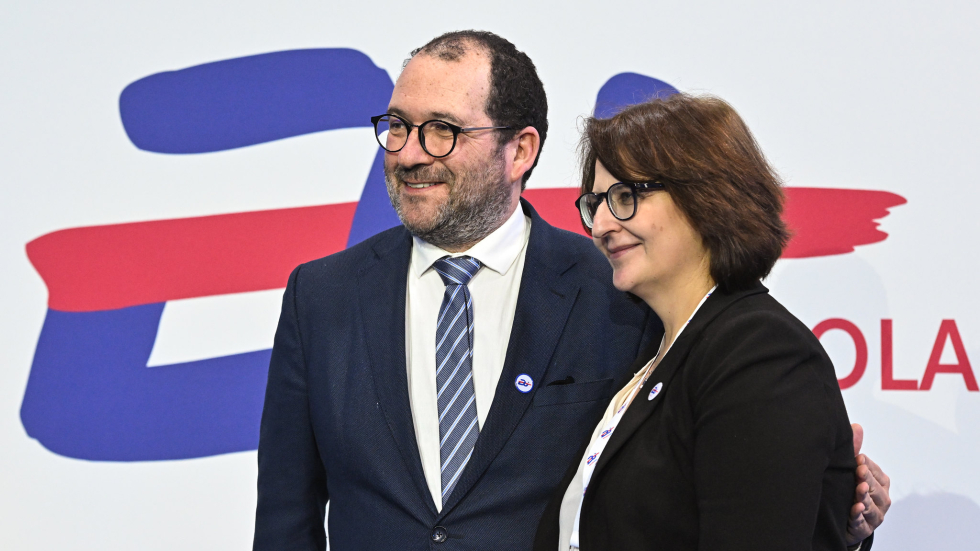As part of Poland’s Presidency of the Council of the European Union in 2025, the Polish Ministry of Education hosted an informal meeting of education ministers in Warsaw on 21–22 January 2025.
The meeting aimed to explore the challenges for education systems in ensuring inclusive high-quality education for all learners. It focused on enabling learners to develop skills and prepare them for the challenges of modern society, and highlighted the importance of supporting teachers to ensure they can provide the highest levels of teaching in schools.
Polish Minister of Education Barbara Nowacka opened the meeting. She mentioned the importance of transforming education to make it truly inclusive and stressed the relevance of embracing diversity with strong commitment in on-going education reforms. Roxana Mînzatu, European Commissioner for Social Rights and Skills, Quality Jobs and Preparedness, introduced the Union of Skills, which will focus on ways to reduce current skills and labour shortages across Europe.
Agency Director João Costa was invited to speak at a plenary session on the preventative aspects of inclusive education and the challenges in implementing them. He introduced the Agency and outlined its Key Principles for inclusive education systems. He described some of the challenges to inclusive education, such as retaining teachers, financing and collecting relevant data, and the opportunities it presents, such as cross-sectoral collaboration. He also gave examples of Agency activities that are working to help countries overcome the challenges, like the Thematic Country Cluster Activities.
A round table discussion followed, in which representatives from education ministries across Europe described how they address challenges to implementing quality inclusive education in their countries.
The second day of the meeting opened with a presentation from Andreas Schleicher, Director for Education and Skills at the OECD. He discussed evidence-informed change and explored ways for countries to strategically implement inclusive education policies. In a round table discussion, representatives described their countries’ data collection processes and how they use data to monitor and evaluate the effectiveness of their inclusive education initiatives.
The meeting provided an opportunity for education ministers and ministry representatives to exchange on inclusive education policies, tools and approaches. The aim was to enable countries to reflect on their plans for quality inclusive education systems and their development and implementation.
More information about the Polish Presidency is available on the Presidency website. Videos and images from the event are available from the Council of the European Union Newsroom.


